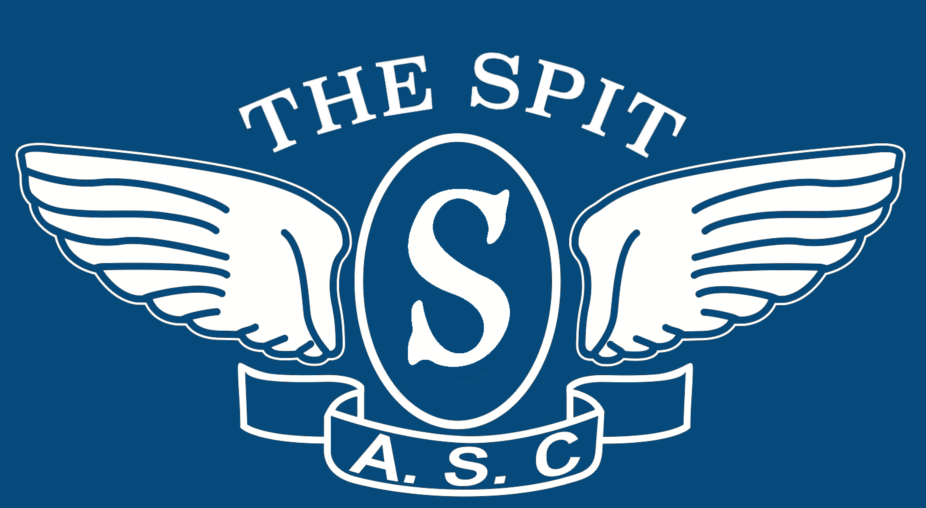Her transcultural encounters, nevertheless, permitted her to relate to other “New Individuals,” specially refugees. Assisting a young refugee lady settle into the US at some point assisted the writer discover property in The us as perfectly:Growing up, I usually required to try to eat, enjoy, take a look at, observe, and be it all: sloppy joes and spaetzle, Beanie Infants and Steiff, Cape Cod and the Baltic Sea, soccer and fussball, American and German.
My American dad and mom relocated our youthful relatives to Berlin when I was 3 a long time old. My exposure to The usa was constrained to vacations used stateside and awfully dubbed Disney Channel broadcasts. As the several memories I had of living in the US light, my affinity for Germany grew.
I began to identify as “Germerican,” an suitable relationship of the two cultures. As a baby, I viewed my biculturalism as a blessing.
- How should you produce an argumentative essay on education?

I myassignmenthelp prices review possessed a native fluency in “Denglisch” and my family’s Halloween get-togethers ended up legendary at a time when the getaway was just starting to attain level of popularity outside the house of the American Sector. Insidiously, the magic I when felt in loving two households was changed by a deeprooted sense of rootlessness. I stopped experience American when, though speaking about Earth War II with my grandmother, I mentioned “the US gained. ” She corrected me, insisting I use “we” when referring to the US’s steps.
Right before then, I hadn’t recognized how specifically people involved themselves with their nations around the world. I stopped emotion German for the duration of the Entire world Cup when my close friends labeled me a “bandwagon supporter” for rooting for Germany. Right until that second, my cheers had felt honest. I was not element of the “we” who received World Wars or Entire world Cups.
Caught in a twilight of overseas and common, I felt emotionally and psychologically disconnected from the two cultures most acquainted to me. After going from Berlin to New York state at age fifteen, my feelings of cultural homelessness thrived in my new surroundings.
Wanting and sounding American furthered my emotions of dislocation. Border patrol agents, instructors, classmates, neighbors, and kin all “welcomed me dwelling” to a land they could not comprehend was overseas to me. Americans perplexed me as I relied on Urban Dictionary to comprehend my peers, the Pledge of Allegiance seemed nationalistic, and the only thing familiar about Fahrenheit was the German just after whom it was named.
As well German for The us and way too American for Germany, I felt alienated from each. I wanted desperately to be a member of one, if not the two, cultures. During my 1st weeks in Buffalo, I spent my free time googling “Berlin Relatives Seeks Teen” and “New People in america in Buffalo. ” The latter research proved most fruitful: I discovered New Hope, a nonprofit that empowers resettled refugees, or “New People in america,” to thrive. I began volunteering with New Hope’s children’s courses, playing with and tutoring youthful refugees. It was there that I satisfied Leila, a twelve-year-old Iraqi woman who lived upcoming to Hopeprint.
In between video games and treats, Leila would check with me queries about American lifetime, touching on almost everything from Halloween to President Obama. Slowly, my self confidence in my American identity grew as I identified my capability to remedy most of her concerns. American society was no longer totally overseas to me. I found myself especially capable to operate with younger refugees my experience escalating up in a country other than that of my parents’ was identical more than enough to that of the refugee small children New Hope served that I could empathize with them and provide information.
With each other, we labored by means of conflicting allegiances, homesickness, and stretched belonging.
